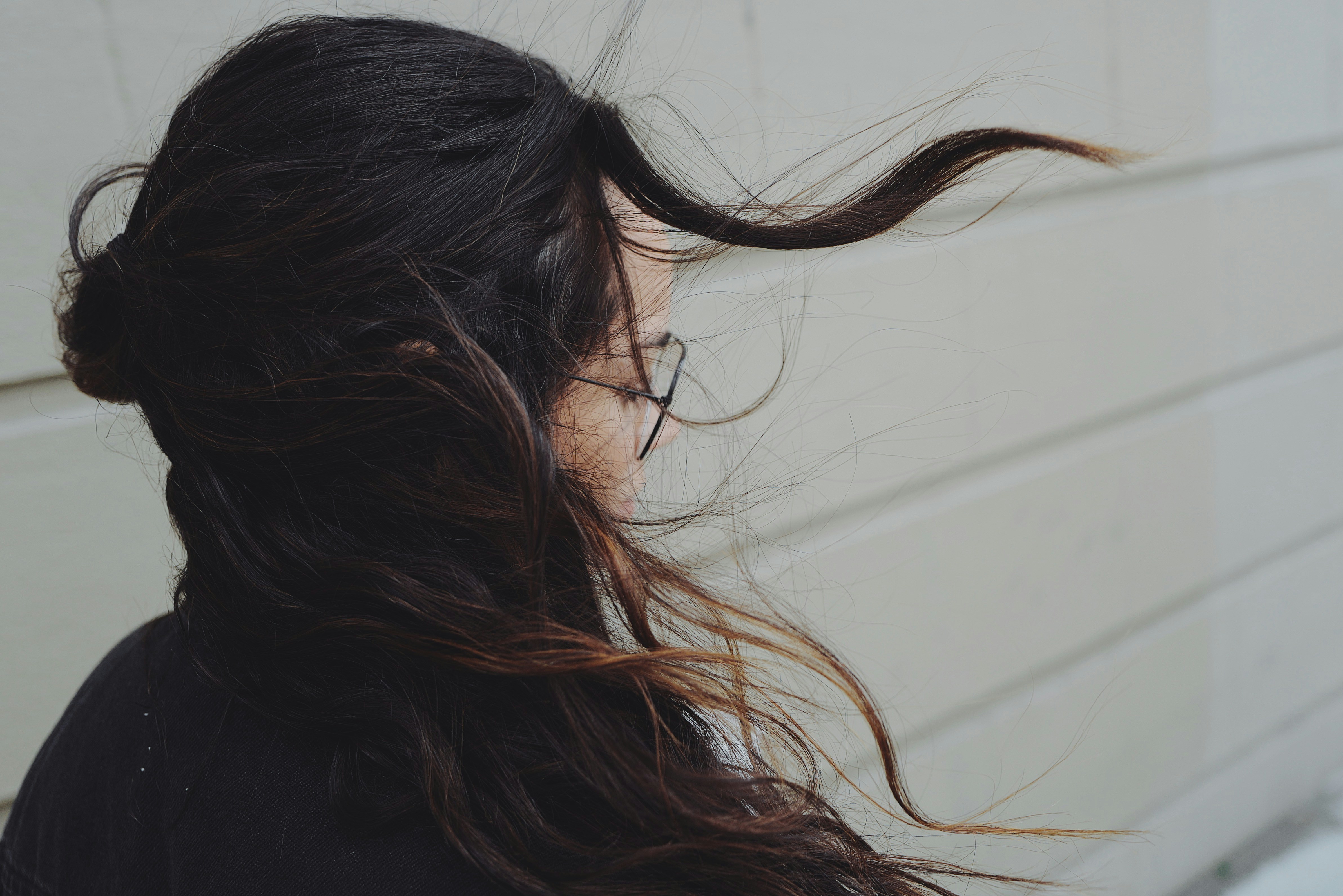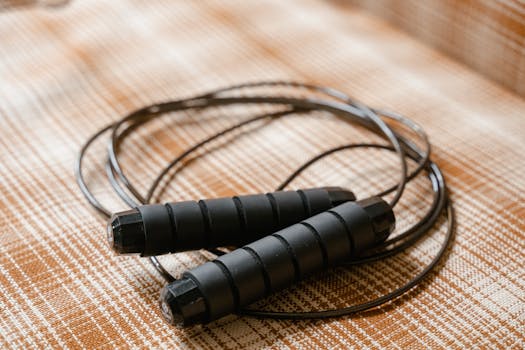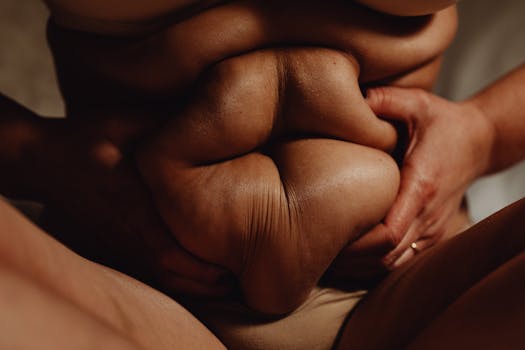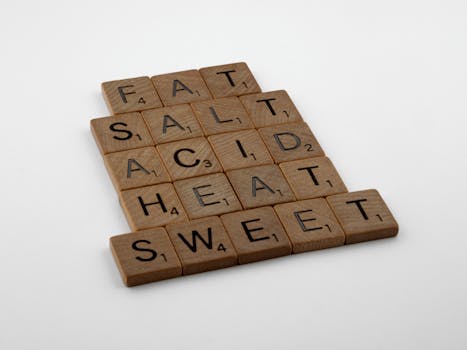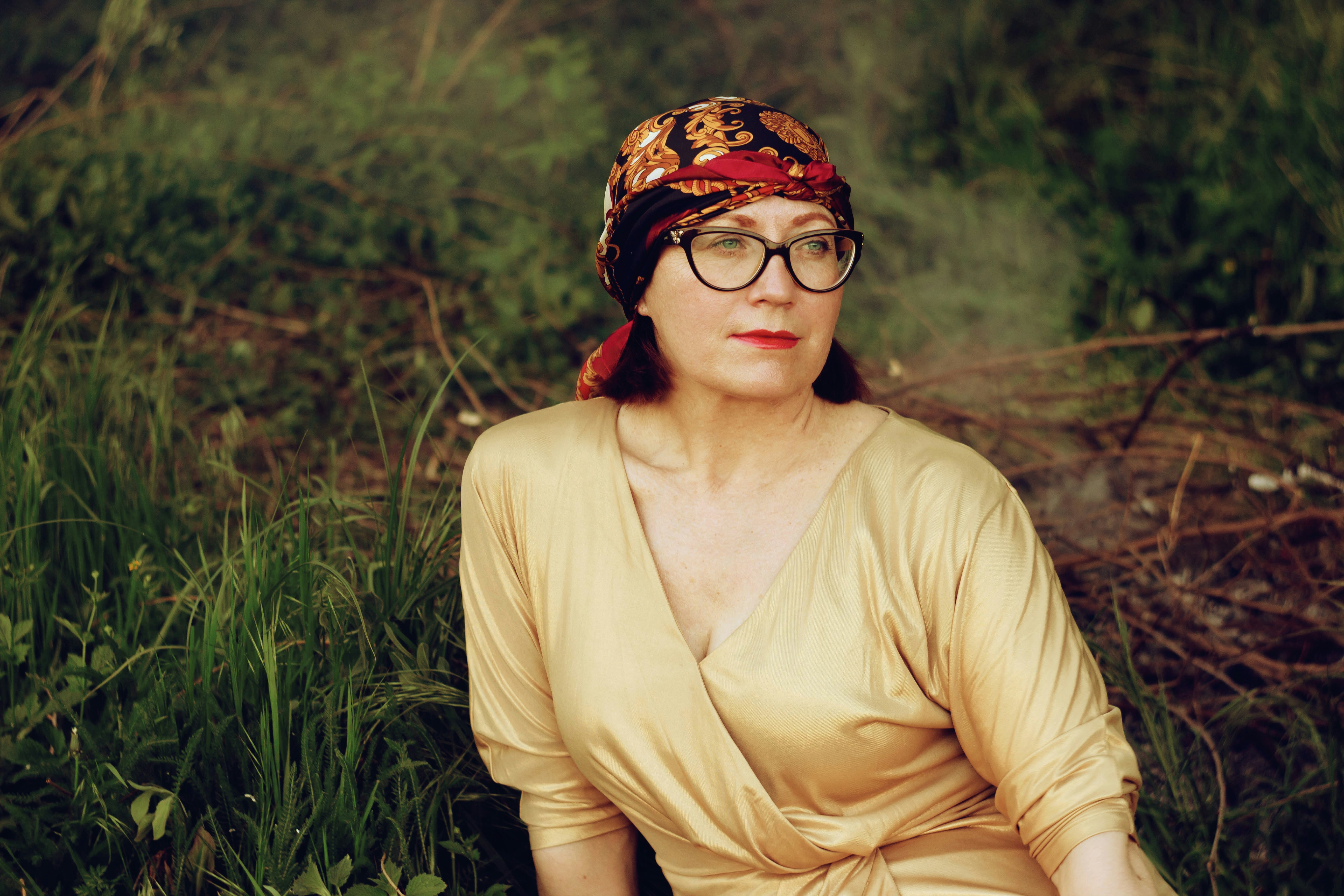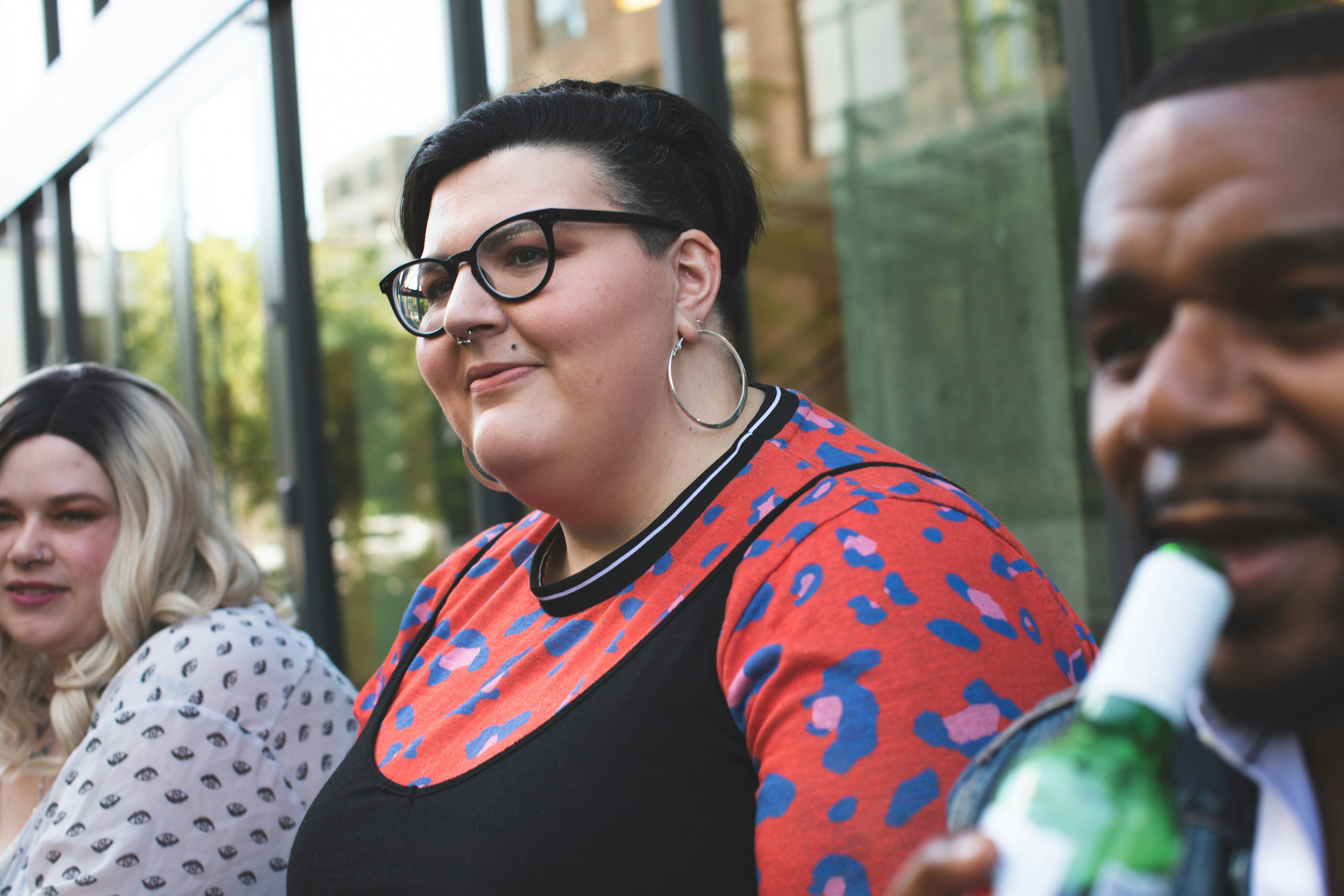Does Menopause Cause Hair Loss? Unveiling the Truth
Nov 22, 2024
As women navigate the journey of menopause, a myriad of physical and emotional changes can occur, including the potential for hair loss. While this issue may seem daunting, understanding the underlying causes and exploring effective solutions can help alleviate concerns and restore confidence. In this comprehensive guide, we'll unravel the truth about whether menopause causes hair loss and provide valuable insights to help you maintain a healthy, vibrant mane.
The Hormonal Rollercoaster
Estrogen Fluctuations and Hair Growth
During menopause, the body experiences a significant decline in estrogen levels, a hormone that plays a crucial role in hair growth and maintenance. Estrogen helps prolong the anagen (growth) phase of the hair cycle, ensuring that hair follicles remain active and produce new strands. When estrogen levels drop, the anagen phase shortens, leading to an increase in the number of hairs entering the telogen (resting) phase, resulting in excessive shedding and thinning.
The Role of Androgens
While estrogen levels decrease during menopause, the levels of androgens (male hormones) like testosterone may rise. This hormonal imbalance can contribute to a condition known as female pattern hair loss or androgenetic alopecia. In this condition, the hair follicles become sensitive to androgens, leading to miniaturization and eventual hair loss, particularly around the crown and top of the scalp.
Beyond Hormones: Other Contributing Factors
Stress and Emotional Well-being
The menopausal transition can be a stressful and emotionally challenging time for many women. Increased levels of stress and anxiety can disrupt the hair growth cycle, leading to excessive shedding and thinning. Additionally, stress can exacerbate existing hair loss conditions, making it essential to prioritize self-care strategies and stress management techniques during this phase.
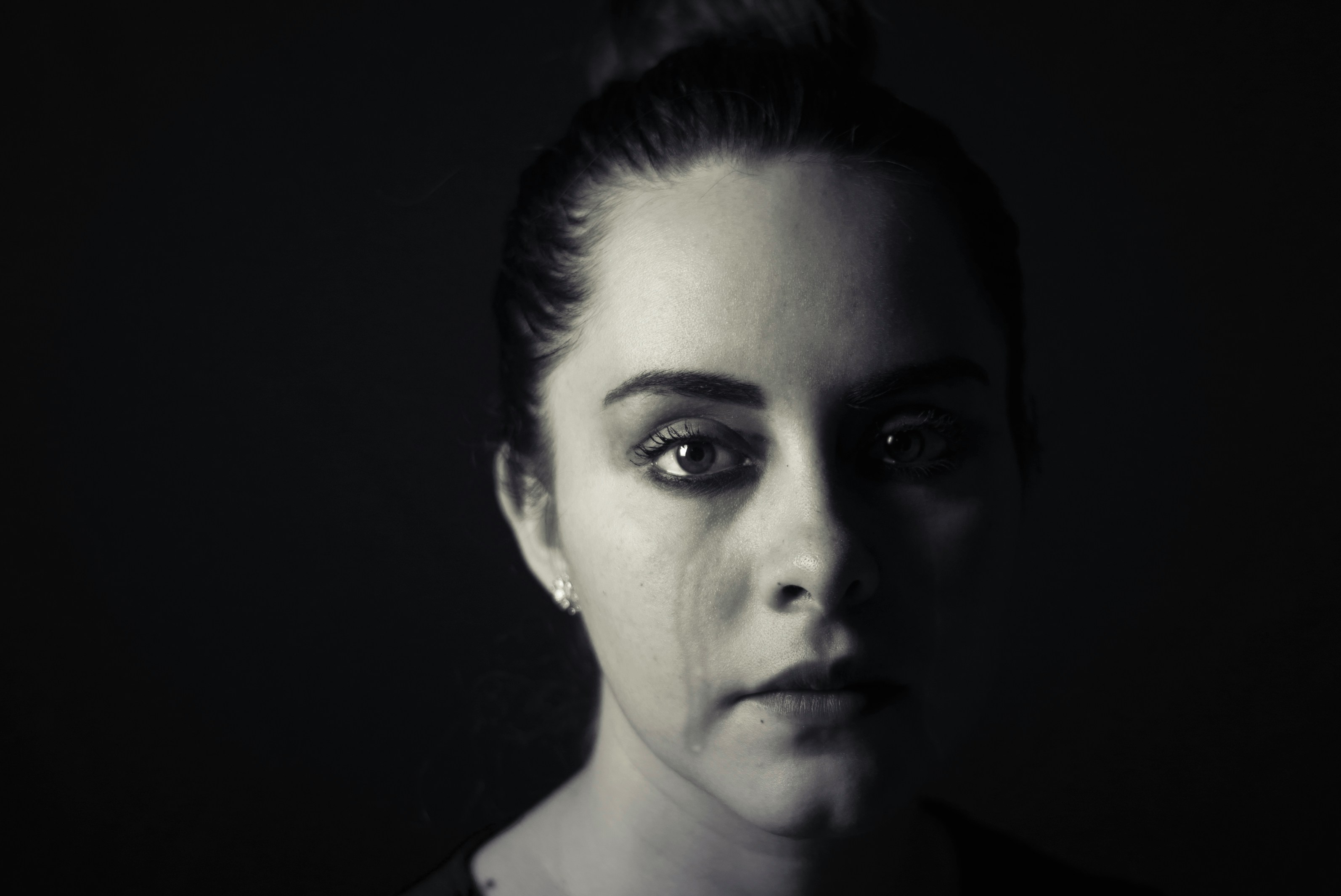
Nutritional Deficiencies
Menopause can also impact nutrient absorption and utilization, leading to potential deficiencies in vitamins and minerals essential for healthy hair growth. Inadequate intake of nutrients like iron, zinc, vitamin D, and protein can contribute to hair thinning and loss. Maintaining a balanced diet rich in these nutrients or considering supplements under medical supervision can help support hair health.
Addressing Hair Loss During Menopause
Hormone Replacement Therapy (HRT)
For women experiencing significant hair loss due to hormonal imbalances, hormone replacement therapy (HRT) may be an option. HRT can help restore estrogen levels and potentially slow down or reverse hair thinning. However, it's crucial to consult with a healthcare professional to weigh the potential benefits and risks of HRT based on individual circumstances.
Topical Treatments
Topical treatments, such as minoxidil (Rogaine), can be effective in promoting hair growth and slowing down hair loss. These treatments work by increasing blood flow to the hair follicles and prolonging the anagen phase. However, it's essential to use them consistently and under the guidance of a dermatologist or healthcare provider.
Lifestyle Modifications
Adopting a healthy lifestyle can significantly impact hair health during menopause. Regular exercise, stress management techniques like yoga or meditation, and a balanced diet rich in protein, iron, and vitamins can help support hair growth and overall well-being. Additionally, avoiding harsh hair treatments, excessive heat styling, and tight hairstyles can minimize further damage and breakage.
Embrace Your Journey
While hair loss during menopause can be distressing, it's essential to remember that it's a natural and often temporary phase. By understanding the underlying causes and exploring effective solutions, you can take proactive steps to maintain a healthy scalp and hair. Embrace this transitional period with self-compassion and seek support from healthcare professionals or support groups if needed.
Frequently Asked Questions
How do you treat menopausal hair loss?
Treating menopausal hair loss involves addressing the underlying causes, such as hormonal imbalances, stress, and nutritional deficiencies. Hormone replacement therapy, topical treatments like minoxidil, and lifestyle modifications like a balanced diet, regular exercise, and stress management techniques can help combat hair loss during menopause.
Does thinning hair grow back after menopause?
In many cases, hair thinning during menopause is temporary, and hair can regrow once hormone levels stabilize after menopause. However, if the hair loss is due to an underlying medical condition or genetic factors, it may be more challenging for hair to regrow.
What does menopause hair loss look like?
Menopause hair loss typically presents as overall thinning or diffuse hair loss, rather than noticeable bald spots. Women may notice more hair shedding during brushing, showering, or on their pillows. The thinning can occur on the front, sides, or top of the head.
Does lack of estrogen cause hair loss?
Yes, a lack of estrogen can contribute to hair loss during menopause. Estrogen helps prolong the growth phase of the hair cycle, and when levels drop, the growth phase shortens, leading to increased shedding and thinning.
Conclusion
In conclusion, menopause can indeed contribute to hair loss due to hormonal fluctuations, stress, and nutritional deficiencies. However, by addressing these underlying factors through hormone replacement therapy, topical treatments, lifestyle modifications, and a balanced diet, many women can effectively manage and potentially reverse hair thinning during this transitional phase. Remember, hair loss is a common concern during menopause, and with the right approach, you can regain confidence and embrace your journey with grace. If you're experiencing significant hair loss or have concerns, consider consulting with Getlila's AI-powered personal training solutions. Our team of experts can provide personalized guidance on nutrition, stress management, and overall well-being, empowering you to navigate menopause with confidence and vitality.
Ready to Simplify Weight Loss?
Download the Lila app or visit getlila.com to start your journey. Experience the power of an AI-driven approach designed to adapt to your changing body and unique needs. Embrace holistic weight loss with Lila—because you deserve to feel strong, confident, and truly yourself again.
Disclaimer: This article is for informational purposes only and does not substitute professional medical advice. Consult a healthcare provider for personalized recommendations.
You should not have to do it all on your own

